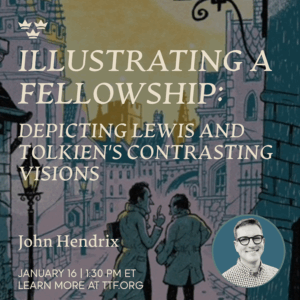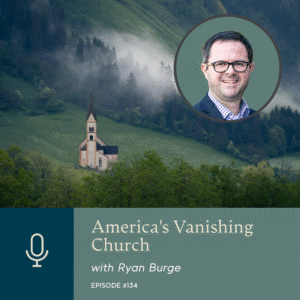Mitt Romney’s advance toward the Republican nomination has provoked a lively conversation about what it means to be a conservative in America today. TIME asked a number of right-leaning thinkers to answer one of three questions [in this instance, what does a conservative believe?] to help define both their ideology and their challenges for the future.
Conservatism is a mansion with many rooms, and individual conservatives tend to congregate in some of them rather than others. But as a general matter, conservatives respect the Constitution for the limitations it imposes on the power of the state and believe the Declaration of Independence is the “sheet anchor” of our liberties. They believe in equality of opportunity rather than equality of outcome. And conservatives believe in the virtues, including the moral virtues, of democratic capitalism.
Conservatives hold to the view that a society should protect life, including innocent, unborn life, and that it has obligations to defend the most vulnerable members of the human community. They also believe in the dispersal rather than the concentration of power and that taxes should fund the necessary work of government rather than redistribute wealth. The state should not be in the business of leveling out differences by punishing excellence.
Conservatives believe that our laws should be colorblind; they believe in the importance of assimilation and the principle of subsidiarity. The role civic institutions play in our social life is a core conservative principle. So is the belief that our social order rests on a moral foundation and that religion is the source of morality for many people.
Conservatives believe, too, that no person is a citizen alone and that families therefore need support from our culture. The role of education is understood to be both intellectual and moral, with the goal of both mastering the basics and nurturing the character of the young.
Conservatives also believe that America, while an imperfect nation, has been a tremendous force for good in the world. While conservatives acknowledge limits on American power and influence, they believe (unlike many libertarians) we should oppose tyranny in other lands. And conservatives believe in the primacy of a strong national defense.
There is also something like a conservative disposition, which is characterized by an appreciation for the complexity of human society, the limitations of politics and the dangers of mistaking politics for metaphysics. The danger facing statesmen, the great conservative Edmund Burke warned, is when they view self-government “as if it were an abstract question concerning metaphysical liberty and necessity and not a matter of moral prudence and natural feeling.”
American conservatism tends to be more hopeful and less dour than, say, British conservatism. It looks to the future rather than remaining fixated on the past. And it is eager to embrace change and reform as social circumstances shift. But true conservatism is wary of revolutionary rhetoric, utopian promises and efforts to remake the world.
Peter Wehner is a senior fellow at the Ethics and Public Policy Center.

